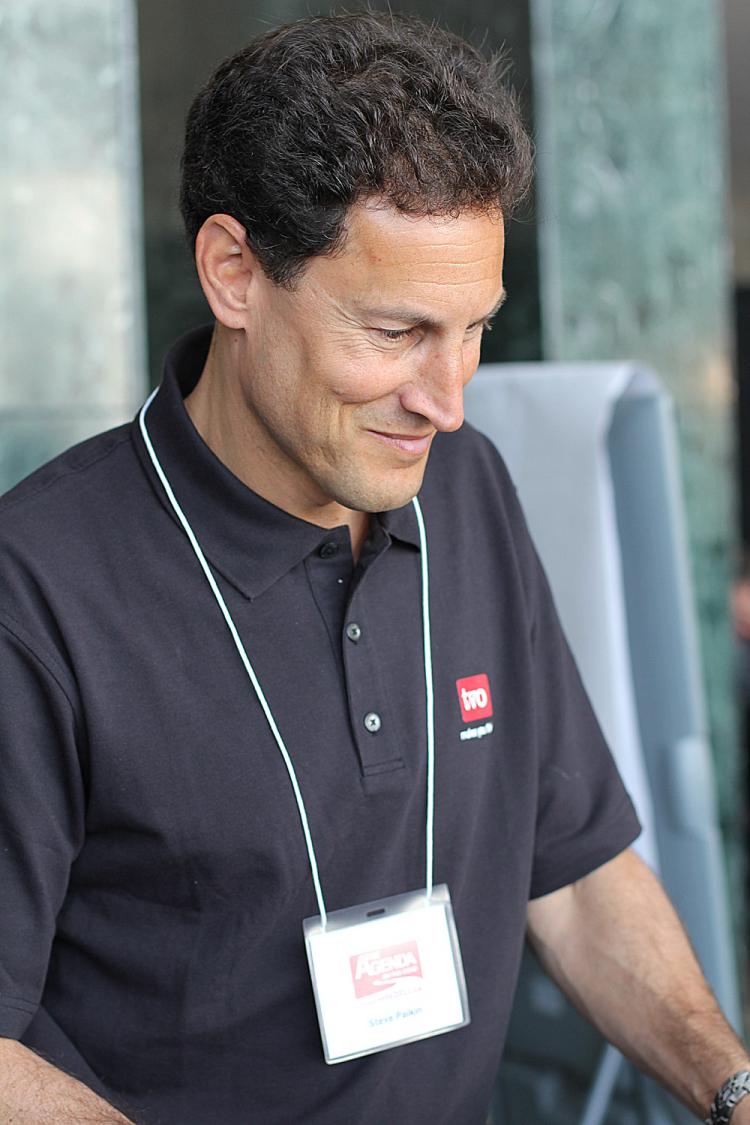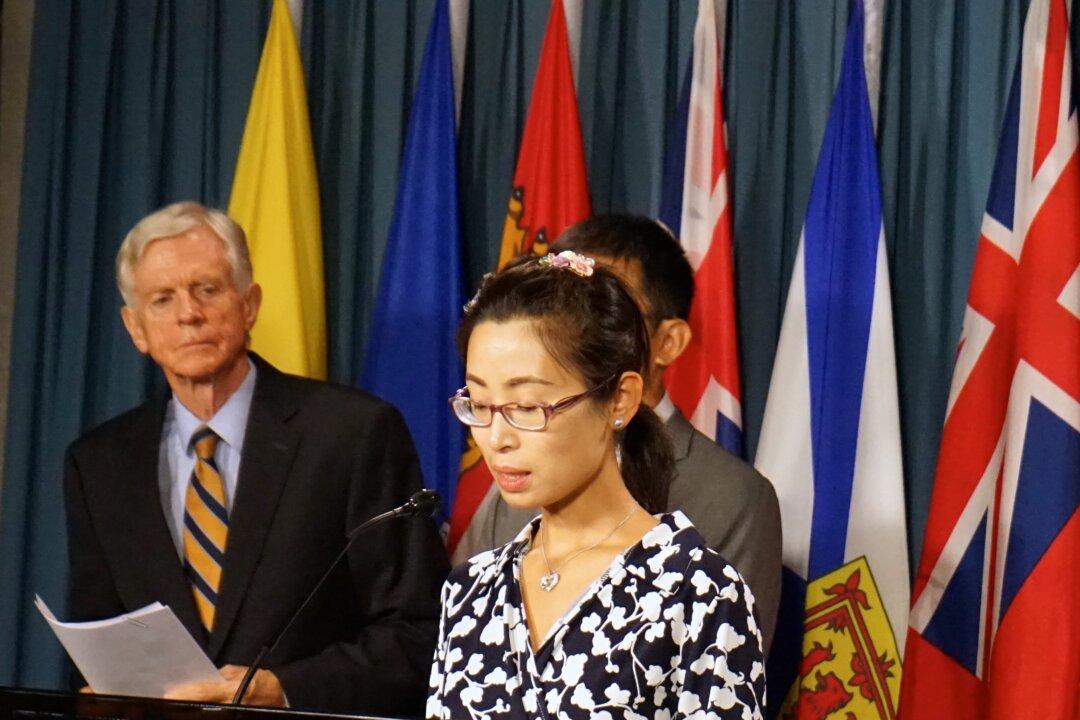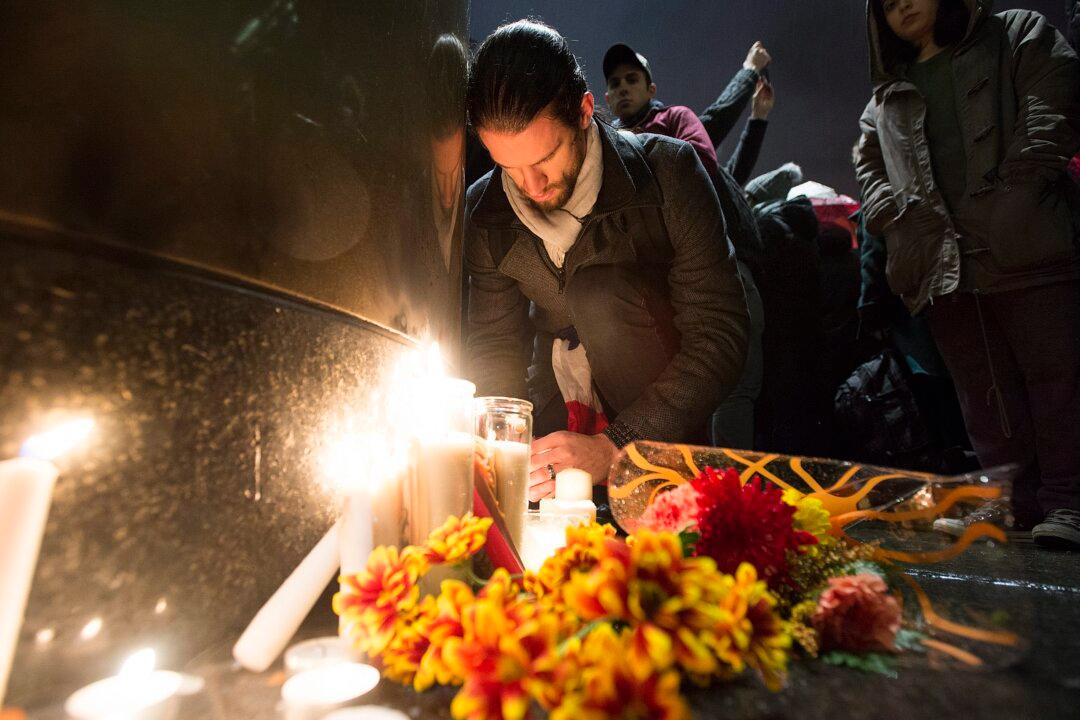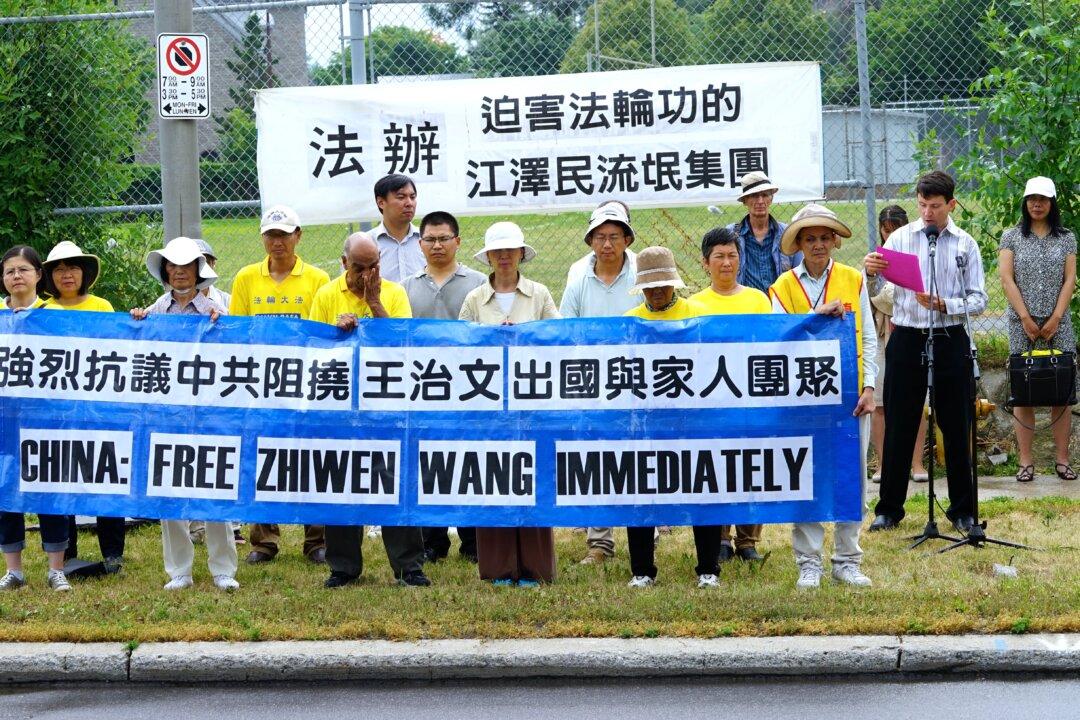In Conversation With ‘The Agenda’s’ Steve Paikin
The veteran interviewer talks about what makes an interesting and informative interview.
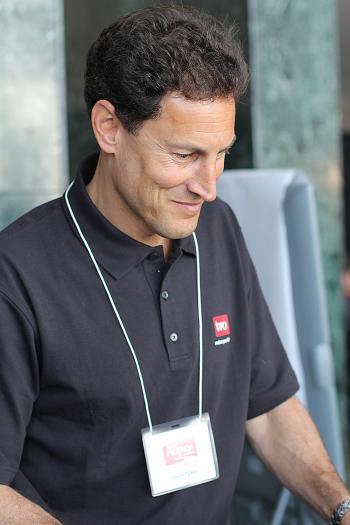
Steve Paikin, host and senior editor of TVO's current affairs program 'The Agenda with Steve Paikin' Pam McLennan/Epoch Times
|Updated:

